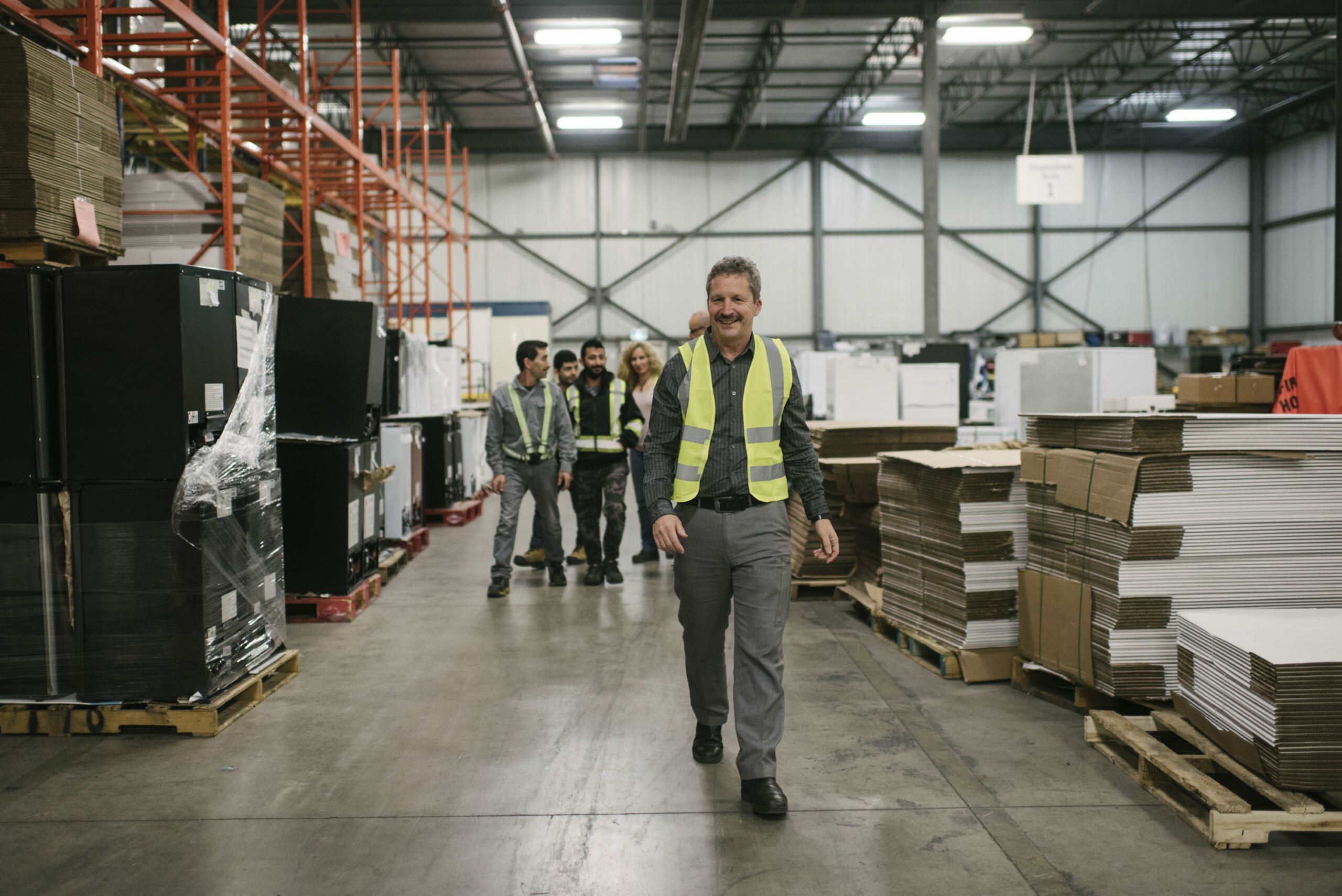Experiences Through the Pandemic: Business and Social Responsibility – Interview with Jim Estill, CEO of Danby Appliances Inc.

The Pandemic’s impact on the way we work
Jim Estill considers himself ‘old school’ and he’s found that leading an organization during a pandemic is extremely challenging. He’s used to being on the floor, engaging and interacting with his employees on a daily basis. It’s not in his nature to be away from the day-to-day work that happens in the factory.
The pandemic has changed all of that. Of course, those working on the factory floor still need to come to the workplace, but office staff are now working from home.
Estill describes days that are now filled with Zoom calls. We used to use video conferencing periodically, but now it’s a necessity of the workday. The gains in efficiency are huge. He can speak with various business associates across the country and in the US in a single afternoon, and so it’s been incredibly efficient.
Post-pandemic, he sees having office staff work remotely at least part of the time, as much as 2-3 days per week. This is something he never considered before the pandemic.
He also sees businesses re-examining travel. Pre-pandemic it was the norm to travel frequently to trade shows, and to be anxious if too much time elapsed between in-person site visits. But now, it’s clear that a lot of those things can be accomplished by video and he sees that changing business travel behaviours going forward.
“The pandemic has allowed us to figure out what life we would like post pandemic. I used to travel half the time. The pandemic has made me consider: Do I need to travel that much? Do I want to travel that much?”
Danby’s business helps to support COVID-19 treatment and vaccine efforts: Ventilators and Cold Storage
Danby’s business has been involved in the COVID-19 response in three ways.
In the early days of the pandemic, Danby used its surplus of staff to partner with a Canadian-based medical company to build 10,000 ventilators. Danby achieved this goal with 100 staff members who worked to build the ventilators over 5 months.
And then, when Danby heard that the Pfizer vaccine needed to be stored at very low temperatures, they immediately thought of old plans they had for a -80-degree freezer. Although demand for these freezers hasn’t caused Danby to produce any, their plans spurred on business producing -20-degree freezers used for vaccines and other needs in the health care sector. These freezers actually use old technology that prevents even small fluctuations in temperatures alongside smart technology for remote monitoring and alarm systems to ensure any drops in temperature don’t go unnoticed.
Lastly, Danby has always produced fridges for the health sector – but this is a product currently in high demand by health care providers and needed to store vaccines.
Ease Into Canada: Syrian Refugees and how they’ve been impacted by the pandemic
Another big part of Estill’s passion is to help others, support the community and simply ‘do the right thing’.
Back in 2018, Estill founded Ease into Canada, an organization sponsoring Syrian Refugees and helping them integrate into Canadian society.
Many people may not be aware how Syrian refugees and support programs have been impacted by the pandemic.
“Our program has changed dramatically since the pandemic”
Since the start of the pandemic, no new refugees have arrived in Canada as part of the program.
For those already in Canada, most aspects of their integration have come to a stop. That’s because an integral part of the program involves social interaction. Success in the program is measured based on three goal posts: obtaining a job, learning to speak English, and integrating socially (that is to have friends and contacts that are part of the Canadian community).
The inability to interact socially and make ties in the community has a profound impact on a new Canadian’s ability to learn the language, their mental health, and ultimately their ability to successfully integrate in Canada.
Another important stumbling block is employment stability. Since refugees are new to Canada, they are also some of the newest members in the workforce, a group who are usually the first to be let go in a downturn.
In time, Estill’s efforts will resume. He will return to his weekend drop-ins on 3 to 4 households, for a cup of tea and to socialize with the refugee families. Many refugees will be expecting the arrival of additional family members to Canada, and hopefully, have a chance to make up for lost time.
Commitment to both business and community has defined Estill’s career thus far. If, as predicted, his business travel slows down, perhaps he will find even more time to contribute to these great causes. bh

